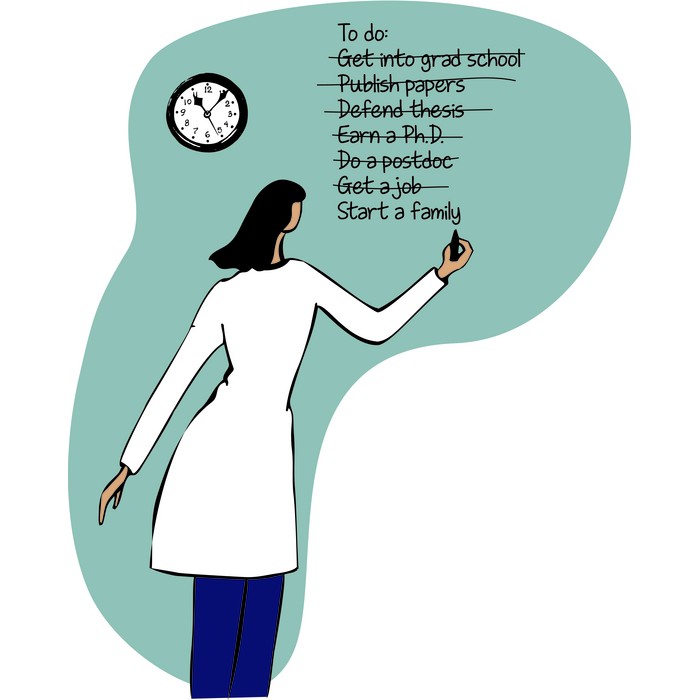Advertisement
Grab your lab coat. Let's get started
Welcome!
Welcome!
Create an account below to get 6 C&EN articles per month, receive newsletters and more - all free.
It seems this is your first time logging in online. Please enter the following information to continue.
As an ACS member you automatically get access to this site. All we need is few more details to create your reading experience.
Not you? Sign in with a different account.
Not you? Sign in with a different account.
ERROR 1
ERROR 1
ERROR 2
ERROR 2
ERROR 2
ERROR 2
ERROR 2
Password and Confirm password must match.
If you have an ACS member number, please enter it here so we can link this account to your membership. (optional)
ERROR 2
ACS values your privacy. By submitting your information, you are gaining access to C&EN and subscribing to our weekly newsletter. We use the information you provide to make your reading experience better, and we will never sell your data to third party members.
Women In Science
NIH redoubles efforts to combat sexual harassment
Agency leadership apologizes for not taking steps sooner
by Andrea Widener
March 7, 2019
| A version of this story appeared in
Volume 97, Issue 10
After facing criticism for not going far enough, the US National Institutes of Health has announced new efforts to fight sexual harassment in science.
In a Feb. 28 letter, the NIH’s leadership, including Director Francis Collins, apologized for the agency’s failure to address harassment sooner. “NIH needs to do better in tackling the underlying culture that enables sexual harassment to take place, admit our contributions to perpetuating this culture, and elevate the seriousness with which the agency takes this issue through our actions,” the letter says.
In the letter, the NIH committed itself to more transparency and accountability about sexual harassment investigations. It revealed that in 2018 it had raised harassment concerns with more than two dozen funded institutions and replaced 14 principal investigators on grants, removed another 14 PIs from participating in peer review, and supported institutions in disciplining 21 PIs. Internally, the NIH investigated 35 sexual harassment allegations, which so far has resulted in the firing of 10 staff members and disciplinary actions against 10 more. The agency also announced steps to make it clearer how to report harassment to the NIH, including the creation of an email address, GranteeHarassment@od.nih.gov, where complaints can be sent.
Previous NIH announcements about sexual harassment policies focused primarily on internal staff, but the late-February announcement focuses on the NIH’s extensive grantee community. An advisory panel to the director will make further recommendations in June.



Join the conversation
Contact the reporter
Submit a Letter to the Editor for publication
Engage with us on Twitter